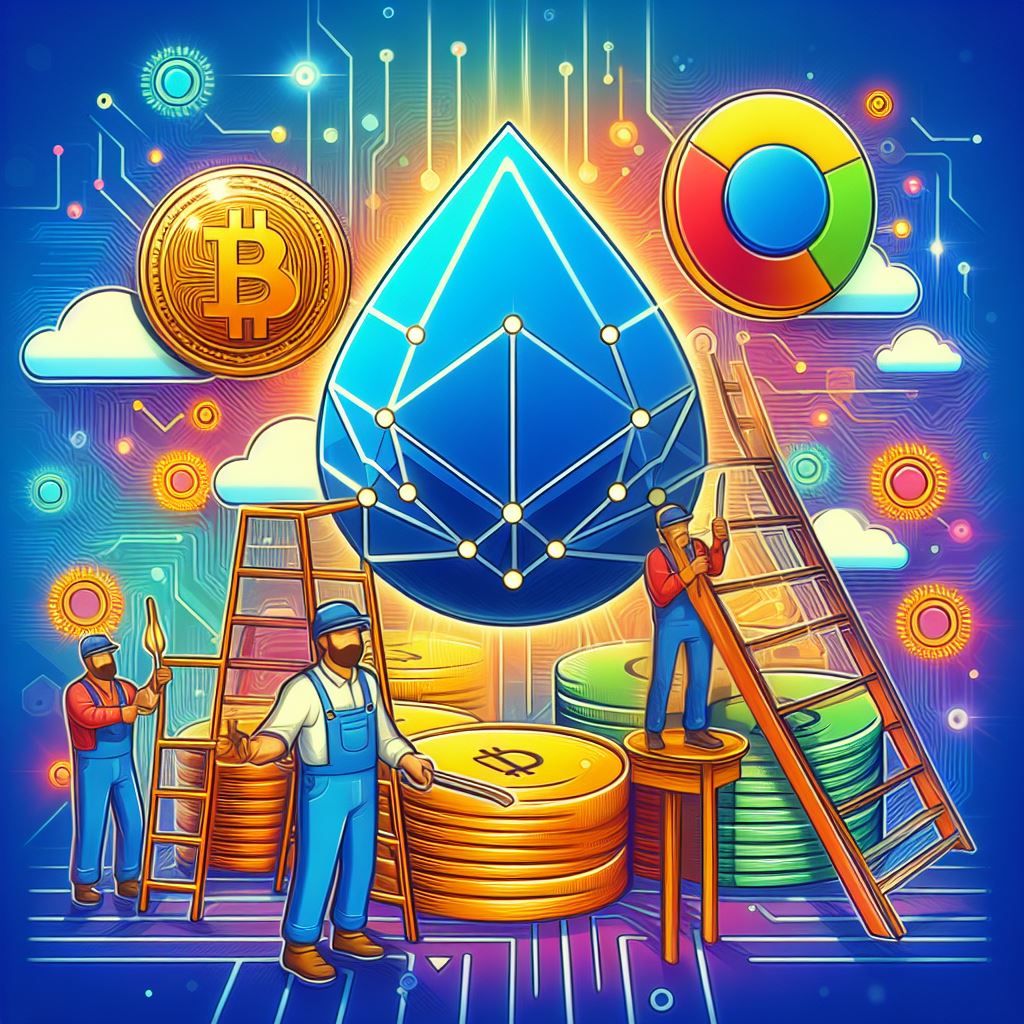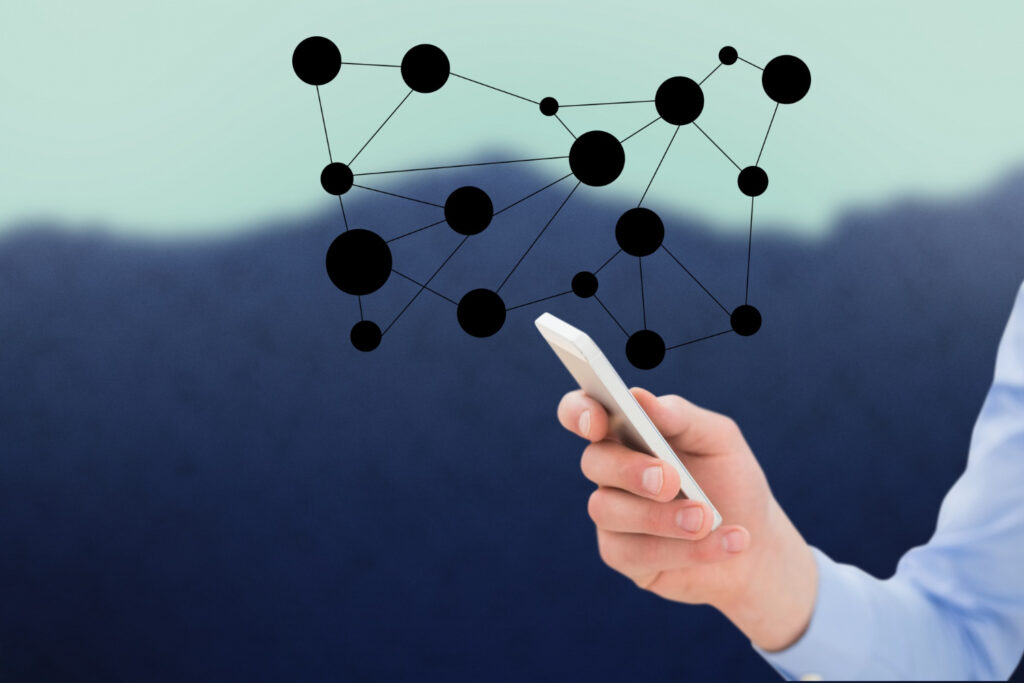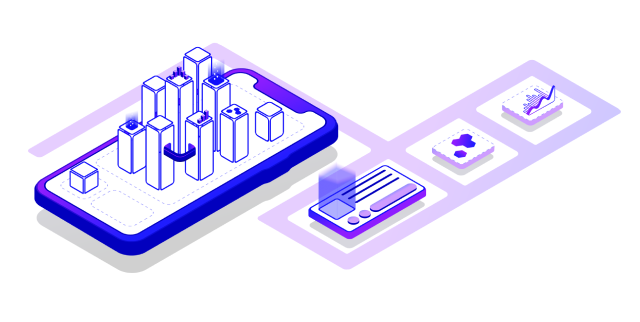Welcome to our beginner’s guide to DAOs! In this article, we will explore what DAOs are, how they have evolved over time, and the ways in which they are revolutionizing the digital landscape. If you’ve been hearing about DAOs and wondering what they are and how they work, you’ve come to the right place. So let’s dive in and unlock the power of DAOs!
DAO stands for Decentralized Autonomous Organization. It is a concept that combines blockchain technology, smart contracts, and decentralized decision-making. In simple terms, a DAO is an organization that operates without a central authority or hierarchy. Instead, it relies on a network of participants who collectively make decisions and govern the organization.
DAOs are built on the principles of transparency, trust, and decentralization. They use blockchain technology to record and verify transactions, and smart contracts to automate decision-making processes. This allows for a more democratic and inclusive approach to organization and governance.
The concept of DAOs can be traced back to 2013 when the idea was first introduced by a group of developers in the cryptocurrency space. The most famous example of a DAO is “The DAO,” which was launched on the Ethereum blockchain in 2016. The DAO aimed to create a decentralized venture capital fund, where investors could vote on which projects to fund.
The DAO successfully raised over $150 million in a token sale, making it one of the largest crowdfunding campaigns at the time. However, it faced a setback when a vulnerability in its code was exploited, resulting in a significant portion of its funds being drained. This incident led to a controversial hard fork of the Ethereum blockchain to recover the diverted funds, ultimately resulting in the creation of Ethereum (ETH) and Ethereum Classic (ETC) as separate cryptocurrencies.
This real-life example illustrates both the potential and challenges of DAOs in the context of fundraising, decentralized decision-making, and the complexities of governance in a decentralized environment.
Since then, DAOs have evolved significantly, with new projects emerging in various industries such as finance, art, gaming, and governance. These projects leverage the power of blockchain technology to create decentralized and autonomous systems that operate without the need for intermediaries.

DAOs operate on a set of rules and protocols that are written into smart contracts. These smart contracts define the rights, responsibilities, and decision-making processes of the participants in the organization. The rules are enforced by the blockchain, ensuring transparency and accountability.
Participants in a DAO can contribute in different ways, such as providing capital, offering expertise, or voting on proposals. Each participant’s influence is proportional to their contribution, which creates a merit-based system of governance. Decisions are made through voting, and the results are recorded on the blockchain for all to see.
DAOs also have mechanisms in place to incentivize participation and reward contributors. For example, participants may receive tokens or cryptocurrency as a form of compensation for their contributions. These tokens can be traded or used within the DAO ecosystem.
DAOs offer several benefits and advantages over traditional centralized organizations. First and foremost, they promote transparency and accountability. Since all transactions and decisions are recorded on the blockchain, there is a high level of transparency that ensures everyone can see how the organization operates.
Furthermore, DAOs enable more inclusive decision-making processes. Anyone can join a DAO and have a say in the organization’s operations and governance. This allows for a more diverse range of perspectives and expertise, leading to better decision-making and innovation.
DAOs also have the potential to reduce costs and eliminate intermediaries. Traditional organizations often have layers of bureaucracy and overhead costs that can be eliminated through the use of smart contracts and decentralized decision-making. This can result in more efficient and cost-effective operations.
To learn more about the benefits of DAOs for your organization and to explore how they can be advantageous, please get in touch with ND labs, a software development company specializing in web 3 and custom development. We are dedicated to assisting you in understanding the realm of DAOs and harnessing their potential to your advantage.

There are several successful DAOs that have made a significant impact in their respective industries. One notable example is Aragon, a platform for creating and managing decentralized organizations. Aragon provides a suite of tools and services that make it easy for anyone to create and operate a DAO.
Another example is MakerDAO, a decentralized lending platform that enables users to create stablecoins by locking up collateral. The platform is governed by MKR token holders, who vote on key decisions such as interest rates and collateral requirements.
Finally, we have DAOstack, a platform that allows for the creation and management of DAOs. DAOstack provides a framework and a set of tools that enable developers to build their own DAOs and customize them to suit their specific needs.
While DAOs offer many advantages, they also come with their fair share of challenges and limitations. One of the main challenges is governance. DAOs rely on decentralized decision-making, which can sometimes lead to slow decision-making processes or disagreements among participants.
Another challenge is security. As we saw with The DAO incident, DAOs are not immune to security breaches and vulnerabilities. It is crucial to have robust security measures in place to protect the assets and transactions within a DAO.
Furthermore, DAOs may face legal and regulatory challenges, especially in jurisdictions that do not have clear guidelines or frameworks for decentralized organizations. It is important for DAOs to navigate these legal complexities and ensure compliance with relevant laws and regulations.
The future of DAOs looks promising. As blockchain technology continues to evolve and mature, we can expect to see more innovative use cases and applications for DAOs. They have the potential to revolutionize industries such as finance, governance, art, and more.
We may see DAOs being used for decentralized governance of cities or communities, where decisions are made collectively by the residents. We may also see DAOs being used for decentralized funding of projects, where investors can contribute directly to the projects they believe in.
The possibilities are endless, and the future of DAOs is exciting. As more people become aware of the potential of DAOs and start participating in them, we can expect to see a shift towards more decentralized and autonomous systems.
If you’re interested in getting involved with DAOs, there are several ways to do so. One way is to join an existing DAO as a participant. Many DAOs are open to new members and welcome contributions from individuals with diverse backgrounds and expertise.
You can also start your own DAO if you have a specific project or idea that you want to bring to life. There are platforms and tools available that make it easy to create and operate a DAO, even if you don’t have extensive technical knowledge.
Finally, you can educate yourself about DAOs and stay updated on the latest developments in the space. There are online communities, forums, and resources where you can learn more about DAOs and engage in discussions with like-minded individuals.
DAOs are revolutionizing the digital landscape by enabling decentralized and autonomous organizations. They offer transparency, inclusivity, and efficiency, and have the potential to transform industries and the way we collaborate and make decisions.
While DAOs come with their own set of challenges and limitations, the future looks promising. As more people become aware of the power of DAOs and start participating in them, we can expect to see a shift towards more decentralized and autonomous systems.
So, if you’re intrigued by the concept of DAOs and want to unlock their power, don’t hesitate to explore further, join existing DAOs, or even start your own. The possibilities are endless, and the future is in our hands.
